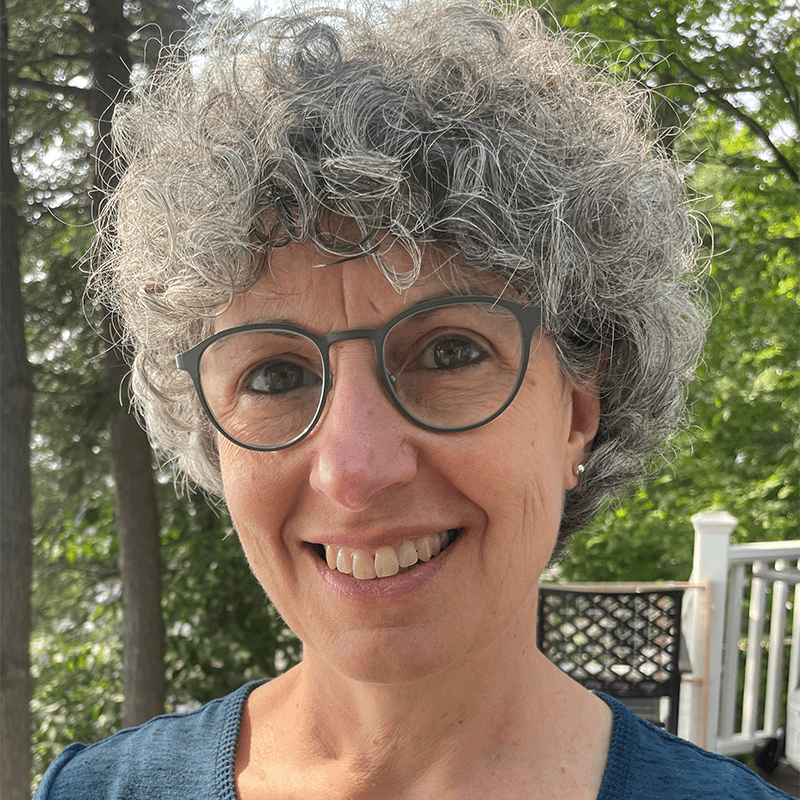Meet the Faculty
 Intercultural and Global Inquiry
Intercultural and Global Inquiry
79-229: Origins of the Palestinian-Israeli Conflict
Featured Faculty: Laurie Zittrain Eisenberg
What do you remember most from your educational journey and how has that shaped your teaching?
I recall a favorite history professor who ended every lecture with such a fabulous, killer sentence that no one packed up early or closed their notebook until he was done – we all wanted to get it down. I aspire to hit that mark even just half as well as he did!
I also recall the professor who was my advisor for my undergraduate senior thesis, a 185-page magnum opus divided into six chapters, for which I interviewed representatives at the Israeli Embassy and Palestinian Information Office in Washington, D.C. and officers at the Palestinian and Israeli UN missions in New York City. In a note on the cover page, he gave me an A+ and observed that “anyone who can write a paper of this scope and quality can write a Ph.D. dissertation.” So far so good. But then there was this: “Unfortunately, the sloppiest writing is found on page 1, which I will demonstrate to you in person.” (Which he never did). There are literally five squiggles on page 1, and not a single squiggle, let alone a comment, on any other page. I remember agonizing over adjectives, constructing and refining my arguments, carefully choosing the most effective quotes to make my points, and spending forever formatting my endnotes and bibliography…none of which received any comment or edit. Today I am stunned at the laziness, the failure to challenge me to improve my skills and grow as a would-be historian. I am looking at the thesis in front of me now and am tempted to track him down and give him a piece of my mind. But I do owe him something: I launched my own professorial career with the determination that I would put in the time, energy and effort to instruct, challenge, mentor and guide my students, who can attest to my colorful squiggles, comments, observations and edits on every section and virtually every page of the research papers they write for me!
How does what you do in the classroom reflect the impact on the world that your field has?
I teach modern Middle East history, particularly the Arab-Israel conflict and peace process. I begin every semester by telling students that they have chosen a terrific time to study Arab-Israeli events, because I can promise them that something huge and compelling is going to happen in that part of the world. I have never been wrong yet. As we work through the historical background of the conflicts and become familiar with the forces and issues that laid the foundation for the current situation, I love hearing students relate that they now understand unfolding current events and find themselves following the news with interest.
What are some memorable projects you’ve had students do and how do they reflect your goals as an educator?
I use role-playing games and simulations in most of my courses. They can vary in length and intensity from one session, to one week, to five weeks. They are a fun and exciting change of pace. Students find them unforgettable and I enjoy them just as much. I want students to be able to talk about highly charged topics, like the Arab-Israeli situation, in an educated and respectful manner, even as they appreciate the passions that drives the protagonists. Role-playing is a way to let each student stand in the shoes, look through the eyes, and speak from the heart of an important historical actor.
What one piece of advice would you give your students?
If you miss a class, don’t ask me “if” you missed anything important. You did!